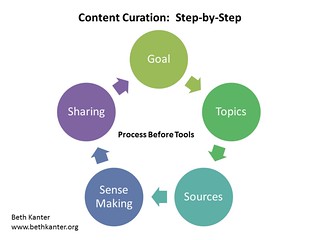As usual, this month we’ve trawled the wilds of the Internet to bring you what we think is the most informative, timely, and useful content. Enjoy!
Search Engine Optimization
- Remarketing with Google Analytics is about building targeted audiences. Remarketing with Google has become more popular in the last six months. I think this trend will continue into 2013. Once you get the hang of it, it is relatively easy to set up and manage.
- SEO Variables You Need To Know – Search engines use multiple variables to determine how good a website is and how relevant it is to a user’s search query.
- Guide to Rich Snippets – Infographic – High rankings in the SERPS are no longer enough. Rich snippets are part of increasingly enhanced SERPs designed to help people make decisions before they click.
- What’s the Difference Between SEO and Content Marketing? – The main reason creating content just for Google is missing the point is because that’s not what Google wants you to do.
- Building a Video SEO Strategy – The core tactics of technical Video SEO are pretty easy to pick up. You can read through the bulk of what there is to know about getting rich snippets, optimizing for YouTube, and driving links back to your site within a couple of hours.
- When you launch a new website, should you focus on SEO or PPC? There are many ways to attract targeted traffic. It’s often hard to know which method is best. SEO and PPC are two popular ways to drive traffic. But is one better than the other?
- 9 Best WordPress SEO Plugins – A great roundup of plugins to help your site get to where it belongs in the SERPs.












